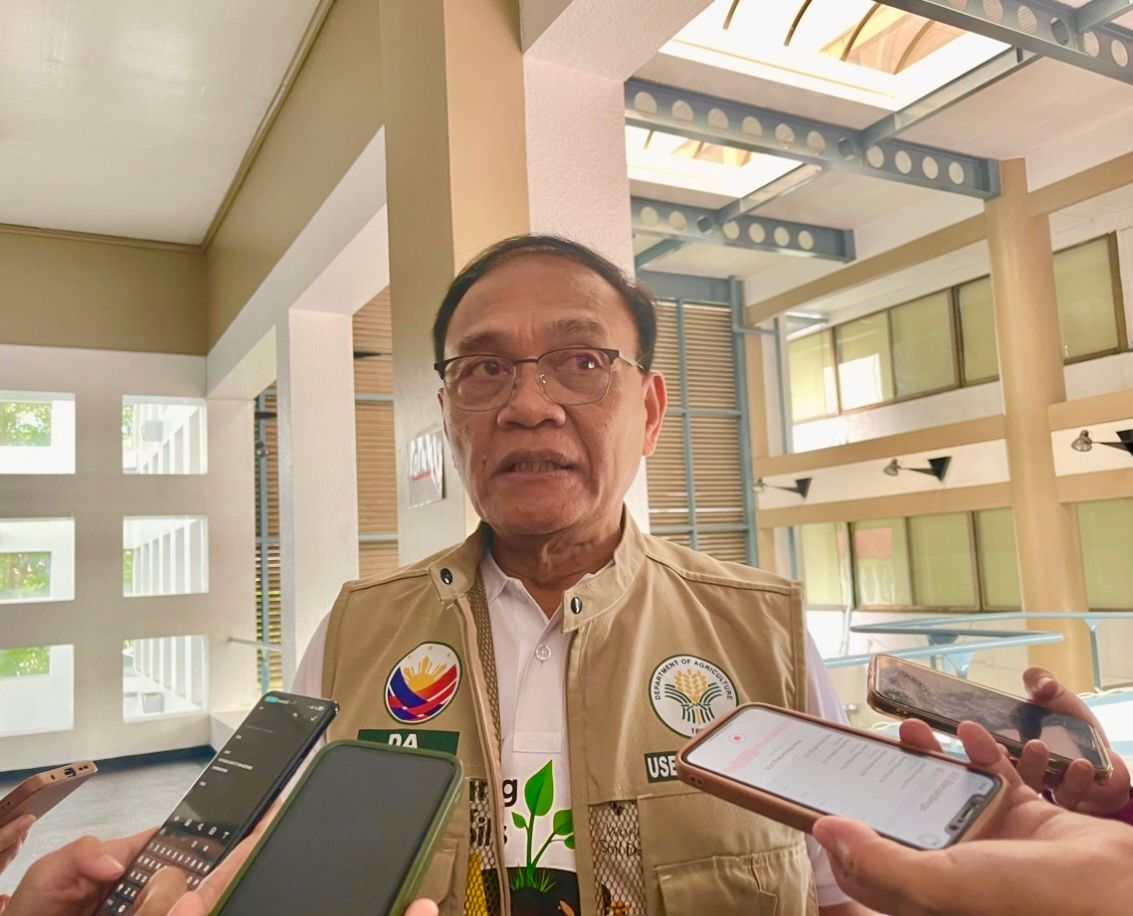'Alarming': 80% of soil in PH deteriorated; low agri yield to persist if soil not rejuvenated
By Jel Santos

Eighty percent of the soil in the Philippines is deteriorated and will continue to constitute a low yield of agricultural products if the country’s soil is not rejuvenated, an official of the Department of Agriculture (DA) said.
DA Undersecretary Roger Navarro said the abused use of inorganic or chemical fertilizers is the main culprit in the degradation of soil in the Philippines, saying such a situation is “alarming.”
“Sa estimate namin, about 80 percent na ang deteriorated na soil nationwide (Based on our estimate, about 80 percent of soil nationwide is deteriorated),” said Navarro.
Deteriorated soil, according to the undersecretary, cannot absorb inorganic fertilizer and would only damage the environment.
“We need to let them understand that the degradation of soil is through the abused use of inorganic fertilizer. Maski gagamit ka pa ng (Even if they use) 20 bags [of inorganic fertilizer], for example, in your one hectare, if ang soil mo (if your soil) is not healthy, it cannot absorb any more,” he said.
Greenhouse gases
Since the deteriorated soil cannot absorb the chemical fertilizers, Navarro explained that it will just evaporate and contribute to greenhouse gases.
Should it not evaporate, he said the inorganic fertilizer will be washed away and contaminate the water system which will lead to the destruction of the environment.
Commercial planting in the country, he said, utilizes massive inorganic fertilizers that cause soil erosion and siltation, among others.
Remedy
To remedy the situation, Navarro said that commercial and small farmers should instead use organic fertilizers.
He added that the agriculture department is ramping up its information drive to push for the use of organic fertilizers at farms.
However, organic fertilizers are bulkier, leading to higher transportation and application costs, particularly in the rural and mountainous regions of the Philippines. If not properly processed, they can also carry pests, pathogens, or weed seeds, posing risks to crop health and overall farm productivity.
It can be recalled that the DA implemented several programs to promote organic fertilizers and sustainable farming practices. One significant initiative is the National Organic Agriculture Program (NOAP).
The said program encourages organic farming through education, financial support, and certifications like the Participatory Guarantee System (PGS), which provides a cost-effective alternative to traditional organic certification processes.
The agency supports organic farming through composting facilities for biodegradable waste, aiming to reduce dependence on chemical fertilizers and improve soil health.
The Food and Agriculture Organization (FAO) of the United Nations (UN) said nearly 95 percent of food production relies on soil.
However, an estimated 33 percent of soils globally are reported to be degraded, attributed to various threats and unsustainable agricultural practices.
For context, it is said that nature requires approximately 1,000 years to form just 2-3 centimeters of soil—a process comparable to baking an extremely thin slice of bread over a millennium, only for it to disintegrate in moments.
This perspective underscores the delicate and irreplaceable nature of soils. It is often emphasized as a key reason for initiatives aimed at protecting and sustainably managing this essential resource.